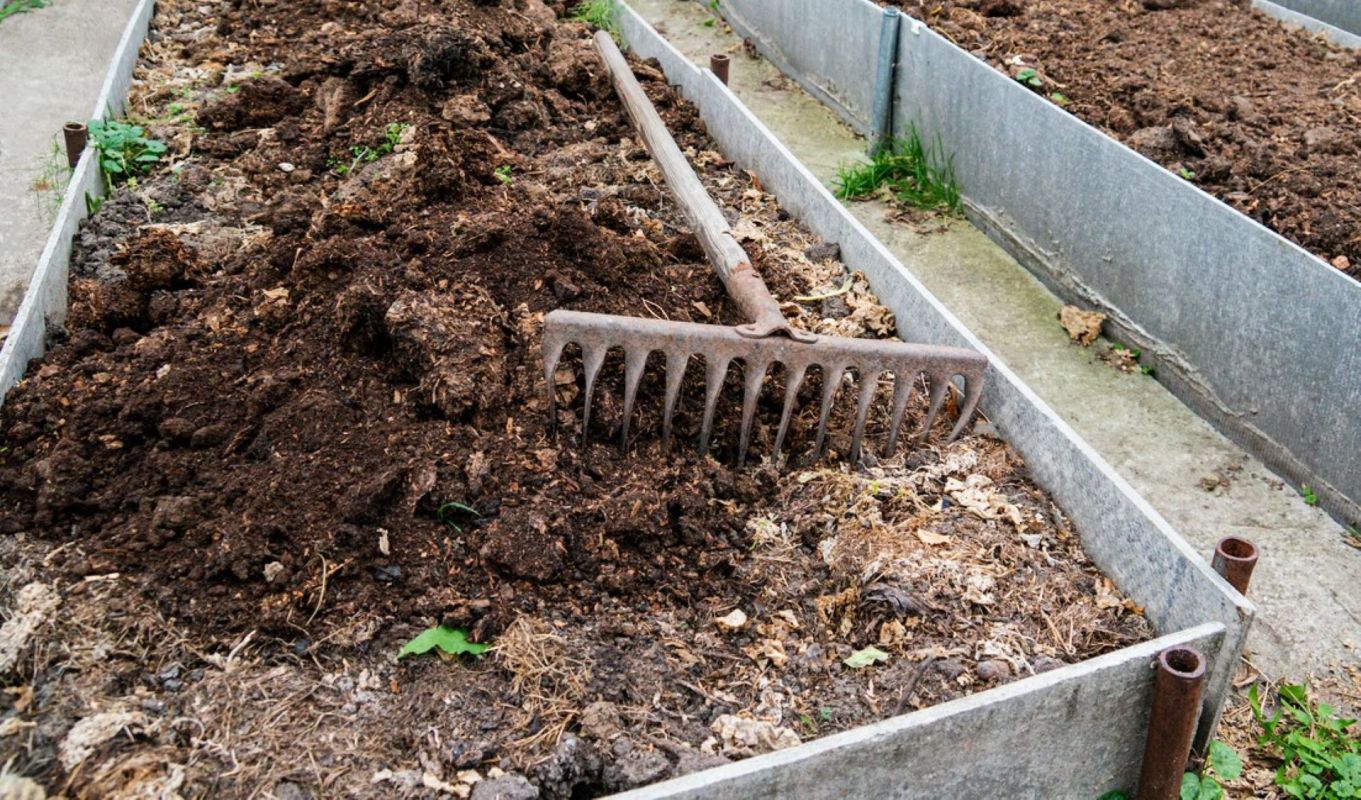A longtime gardener took to Reddit recently after finding an enormous grub in a New Hampshire garden.
"Found this monstrosity in the soil," the poster wrote. "... Any ideas? I garden for a living but I've never come across anything this size before."

Commenters failed to come to a consensus, but their identifications included a hercules beetle, green june beetle, mole cricket, and broad-necked root borer.
The poster said they put the creature "back in the soil where it wouldn't be disturbed" since they were working at a customer's house.
In general, ground beetles are good for a garden, though some — such as Japanese beetles and squash bugs — can be detrimental.
"[Ground beetles are] a large group of predatory beetles that are beneficial as both adults and larvae," according to the Farmer's Almanac. "They will eat a wide range of insects, including nematodes, caterpillars, thrips, weevils, slugs, and silverfish. While insects like Japanese beetles should be controlled in the garden, don't crush every beetle you see!"
To attract the right kind of insects, which include ladybugs and praying mantises, gardeners can use different types of native flowers and plants to provide water, food, and shelter for these beneficial bugs.
"A diversity of plants will attract a wide range of insects," according to the Farmer's Almanac. "Many beneficials appear in the garden before the pests do, and they need alternative food sources such as pollen and nectar if they are to stick around."
For grubs, moist soil is inviting, and they can help break down compost and aerate a garden. After they metamorphose into beetles, they mate and lay eggs to restart their life cycle.
In the case of destructive critters, the University of New Hampshire provided tips for controlling beetles in a garden, naming handpicking as the best method. Pesticides — including so-called "natural pesticides" — can kill beneficial bugs, including bees, as well as harmful ones. And even successful treatments require repeated applications since beetles are "very good fliers and will continually reinvade areas with preferred host plants."
Many commenters suggested the poster also could have eaten the grub.
"Great protein-rich snack!" one said.
Join our free newsletter for easy tips to save more, waste less, and help yourself while helping the planet.









